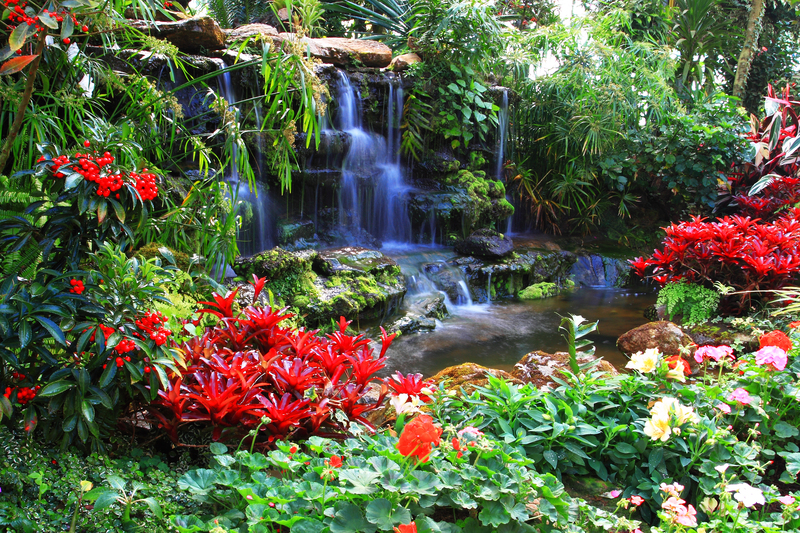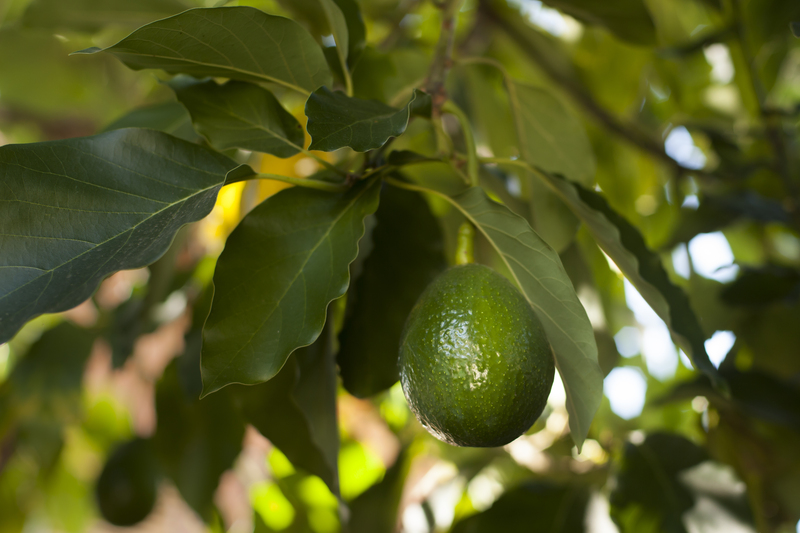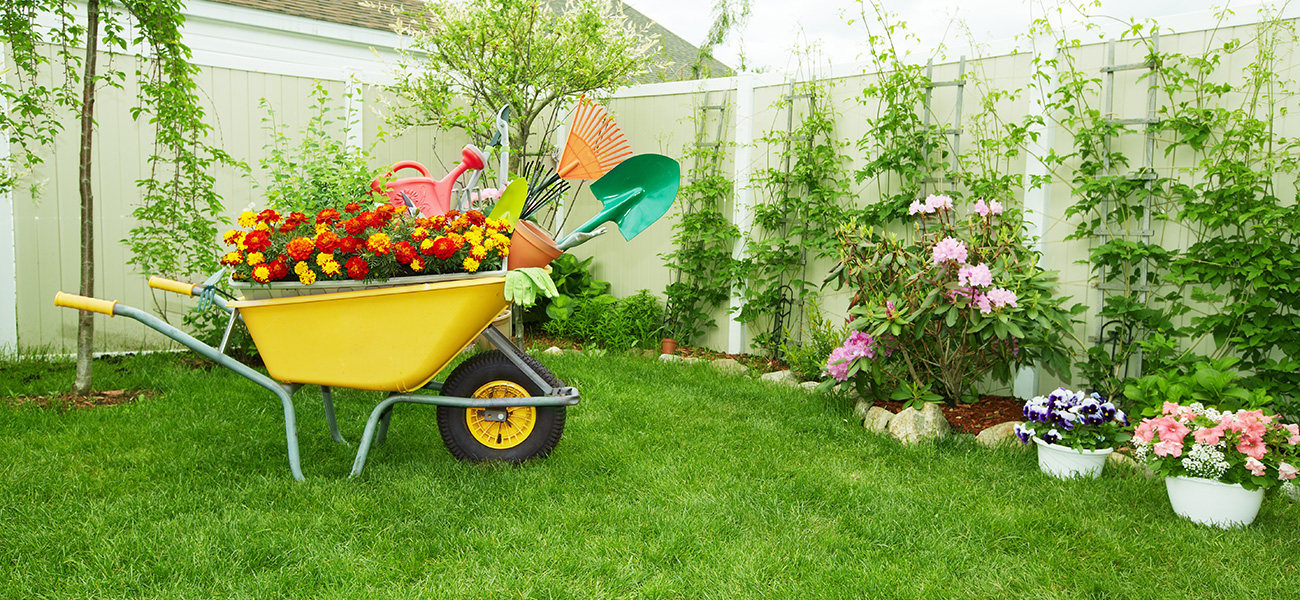Evergreen Climbers: Breathing Life into Shady Corners
Posted on 18/05/2025

Evergreen Climbers: Breathing Life into Shady Corners
Creating an inviting garden or landscape in areas with limited sunlight can be a challenging endeavor. Yet, with the use of evergreen climbers, these shady corners can be transformed into lush, green havens. In this article, we'll explore the best evergreen climbers for these often-overlooked spaces and provide tips for care and maintenance to ensure their success.
The Beauty and Benefits of Evergreen Climbers
Evergreen climbing plants are unique in their ability to remain vibrant and lush throughout the year. Unlike their deciduous counterparts, these plants do not shed their foliage in the winter, thereby providing consistent cover and beauty. Beyond aesthetics, evergreen climbers offer several benefits:
- Year-round interest: The constant greenery can enhance the visual appeal of your garden during the dreary winter months.
- Space efficiency: Climbing plants utilize vertical space, perfect for smaller gardens or those with limited ground area.
- Environmental impact: By providing natural habitats for wildlife, they contribute positively to your garden ecosystem.
Top Evergreen Climbers for Shady Corners
Choosing the right plants is crucial for the success of your shaded garden areas. Here's a look at some top evergreen climbing plants that thrive in low-light conditions:
1. Hedera helix (English Ivy)
Adaptable and hardy, English Ivy is often seen gracing the walls of old buildings. Its ability to cling to virtually any surface makes it an excellent choice for vertical gardens. While it is a vigorous grower, it requires regular maintenance to prevent it from becoming invasive.
2. Trachelospermum jasminoides (Star Jasmine)
Despite its name, Star Jasmine isn't a true jasmine but offers similar appeal. Its glossy green leaves and sweetly scented white flowers create a charming backdrop. With its moderate growth rate, it's an excellent choice for controlled areas.
3. Lonicera japonica (Japanese Honeysuckle)
This climbing plant is both ornamental and fragrant. Its white to yellow flowers provide a sweet scent, especially during the evenings. However, like English Ivy, it must be monitored to avoid uncontrolled spread.
4. Pyracantha (Firethorn)
Firethorn is an impressive evergreen climber with spiny branches adorned by white spring flowers and bright red-orange berries in the fall. Its hardy nature ensures it thrives even in less than ideal conditions.
5. Pileostegia viburnoides
For those seeking less common solutions, Pileostegia viburnoides offers a unique option. Its leathery leaves and clusters of cream-colored flowers provide a sophisticated look, perfect for upscale garden settings.
How to Grow and Maintain Evergreen Climbers
For optimal results with your evergreen climbers, consider the following tips:
Site Selection
- Location: Ensure the chosen area receives partial to full shade, as consistent direct sunlight can stress these plants.
- Support structures: Install trellises or wires in advance to guide the growth of your climbers upwards instead of sprawling out.
Soil Preparation
- Well-draining soil: Ensure that the ground offers good drainage by amending it with organic matter such as compost.
- pH Level: Most evergreen climbers prefer a slightly acidic to neutral pH level for optimal growth.
Watering and Fertilizing
- Consistency: Maintain consistent moisture levels, especially during dry months, but avoid waterlogged soil.
- Nutrients: Use a balanced, slow-release fertilizer in spring to encourage healthy growth.
Pruning and Maintenance
- Regular pruning: Trim your climbers to maintain their shape and prevent them from overwhelming other plants or structures.
- Pest control: Monitor for and manage common pests like aphids or spider mites, which can harm plant health.
Overcoming Challenges with Evergreen Climbers
Even the most experienced gardeners may face challenges when cultivating evergreen climbers in shade. Here are some common concerns and solutions:
1. Slow Growth
Lack of sunlight might slow the anticipated growth. Consider light pruning to encourage fresh growth. Also, verify that soil nutrition and water levels are adequate.
2. Pests and Diseases
Soggy conditions can promote fungal diseases. Ensure good air circulation and remove infected plant parts promptly. Pests can be managed using organic insecticidal solutions or introducing natural predators.
3. Limited Flowering
Not all evergreen climbers will produce abundant flowers in the shade. The primary focus should be on healthy foliage. Intense pruning and occasional feeding might enhance bloom potential.
Conclusion: Creating Elegance with Evergreen Climbers
Evergreen climbers undoubtedly bring life and elegance to the shadiest of garden corners. With thoughtful selection and care, these adaptable plants turn shaded areas into lush, green refuges, adding value and visual appeal to your outdoor space. Their versatility and year-round beauty ensure they are a worthy investment for any garden enthusiast.
By understanding the preferences and needs of the different varieties, you can create stunning landscapes that seamlessly blend with nature, even in the most challenging conditions.

Latest Posts
Designing a Magical and Safe Garden Space for Your Kids
Transform Your Garden With These Inspiring Seating Area Ideas
Transforming a Neglected Garden: Your Starting Point



